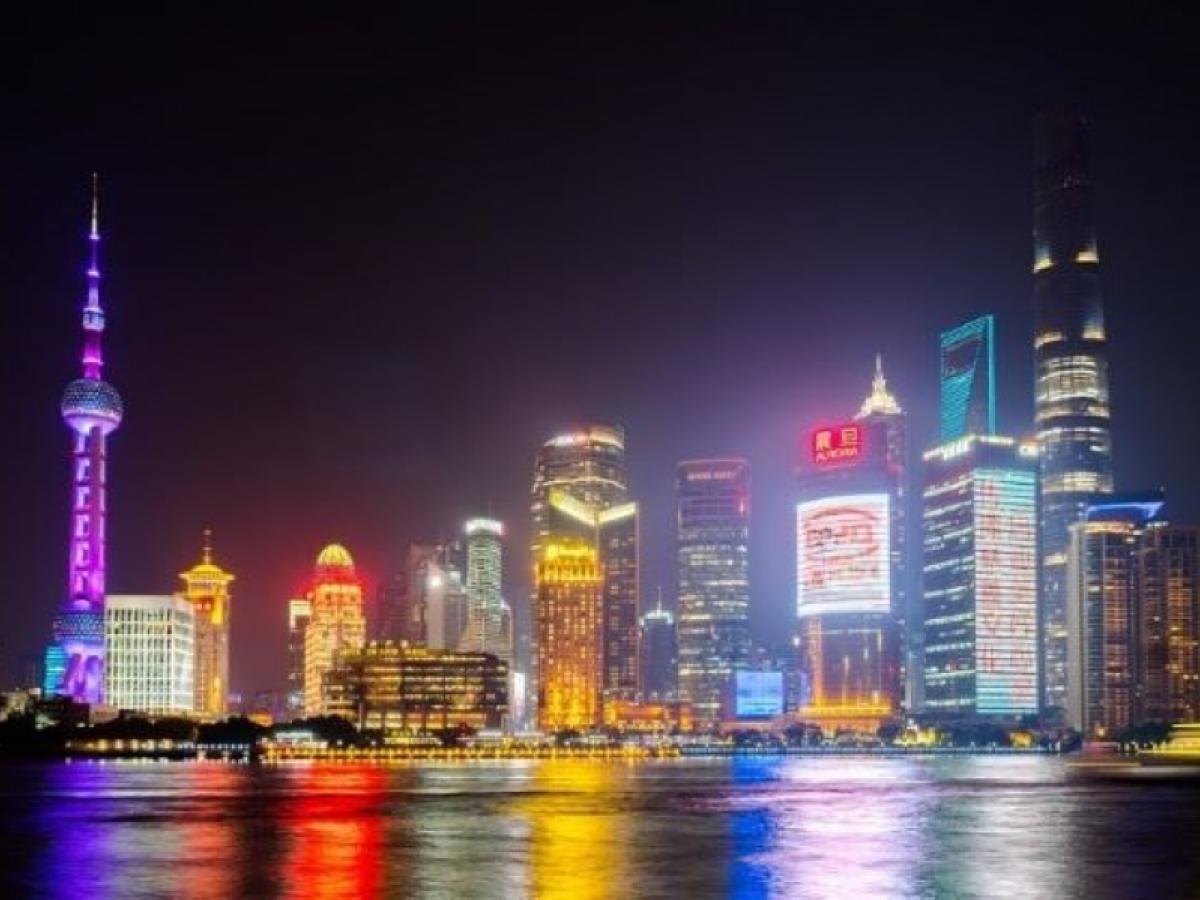How China challenges the liberal trade order: Coercion, contestation and the socialist market economy.

The original China ‘engagement strategy’ was grounded in the assumption that WTO membership would turn China into a liberal market economy. Today the engagement strategy is viewed as having failed, with China’s largest trading partners viewing Beijing as a systemic rival.
Yet, a significant strand of international economics still views the engagement strategy as a viable approach for driving liberal reforms within China, indicating a growing gap between political thinking and international economics. This paper addresses that gap, drawing on theoretical and empirical considerations. Theoretically, a comparative capitalism framework explains why nations evolve different varieties of market economy, and why they then seek to externalize their preferences in a multilateral context. That framework is then applied to analysis of
actually existing institutions that underpin China’s economy. It is argued the latter is in transition to a socialist, rather than liberal, market economy, thus China contests the liberal trading system at a systemic level (i.e. over the rules of the game, rather than within them).
Two types of systemic contestation are highlighted: (1) informal contestation: this involves practices that challenge the liberal order without official acknowledgement by Beijing, for example, economic coercion; and (2) formal contestation: this involves officially challenging liberal order rules and norms in favour of ones that conform to a socialist market economy, with an example of this class of action discussed in the paper.
Author: Naoise McDonagh, Lecturer in Political Economy at the Institute for International Trade, School of Economics and Public Policy
Disclaimer: The views expressed here are the authors’ alone, and do not represent the views of the Institute for International Trade
This work is licensed under Commons Attribution-NonCommercial-NoDerivatives 4.0 International License.
IIT is a global leader in researching, analysing and commenting on International Trade.
Stay informed about our up-and-coming seminars, events, publications, awards, new projects and collaborations, and other exciting news.
